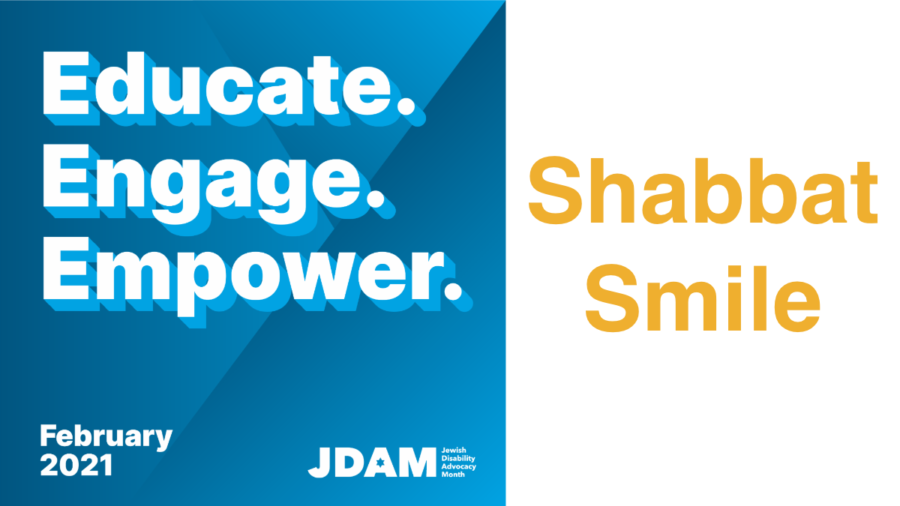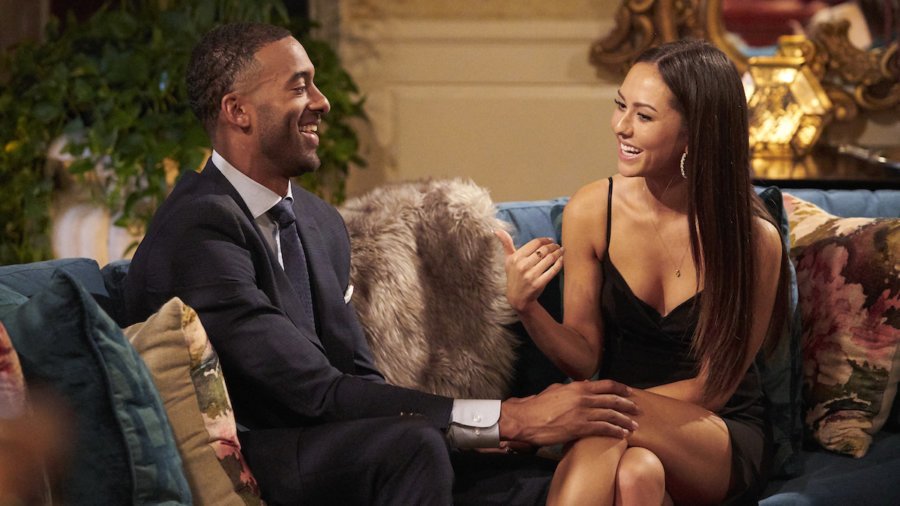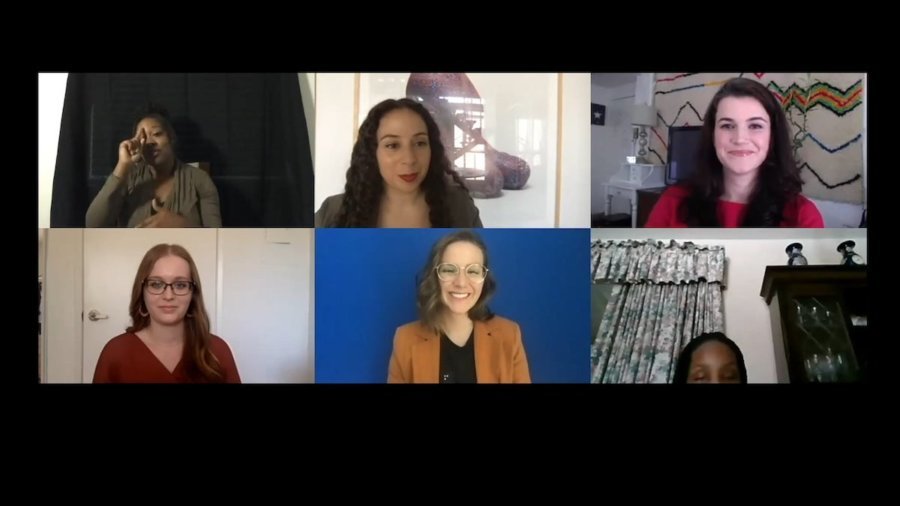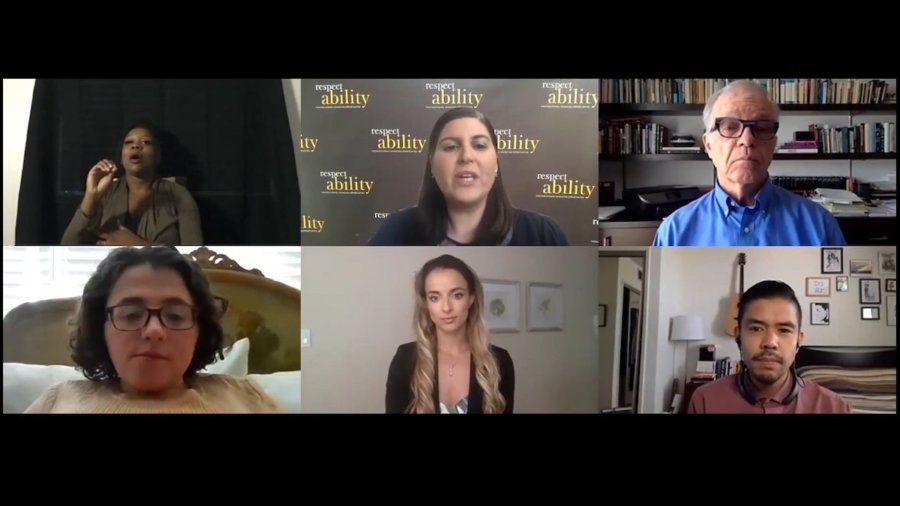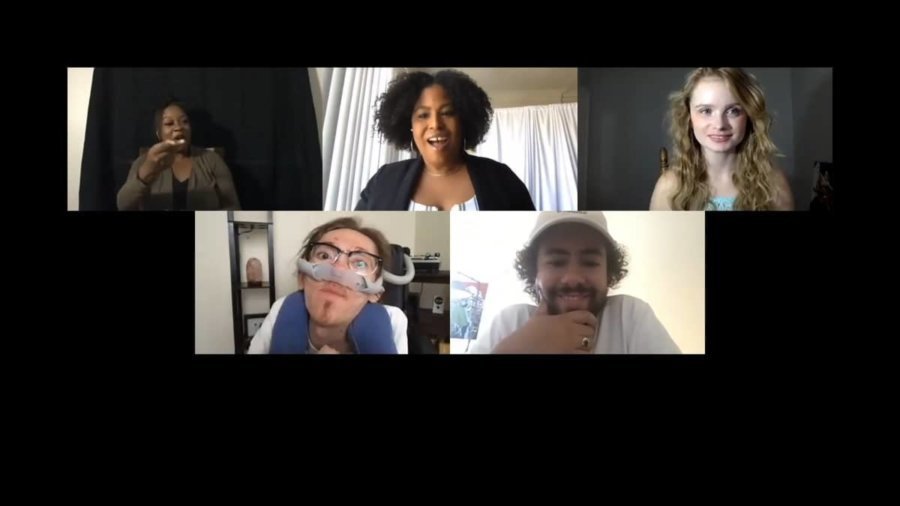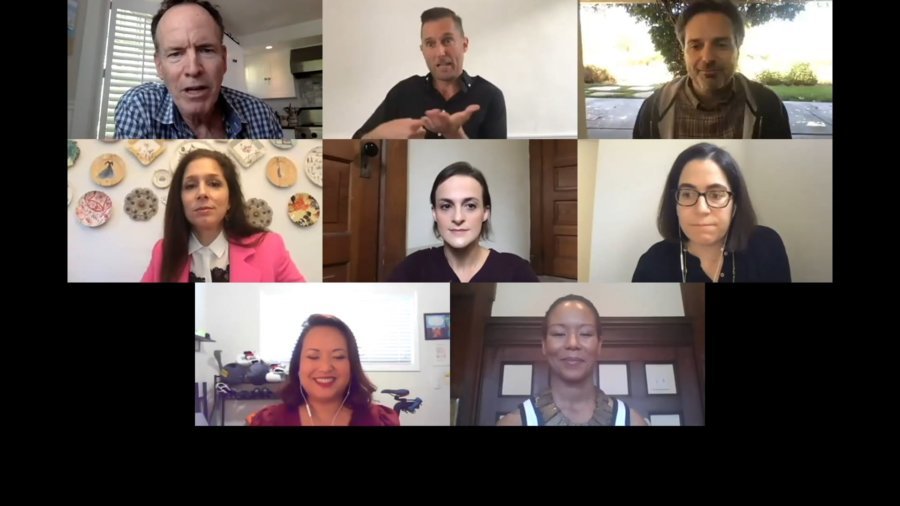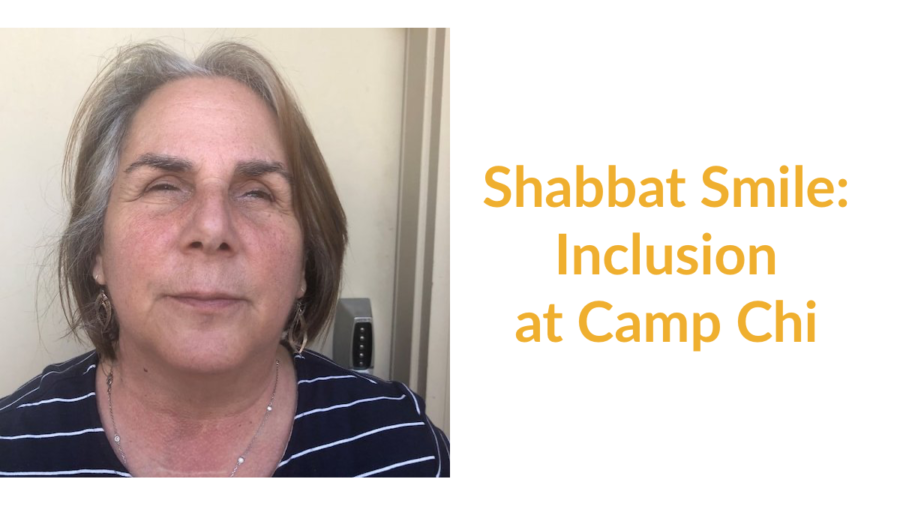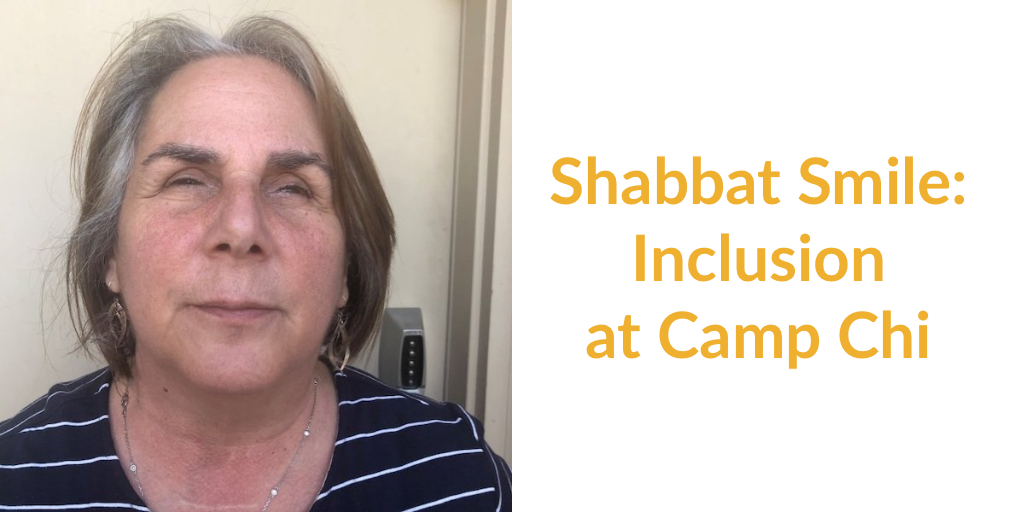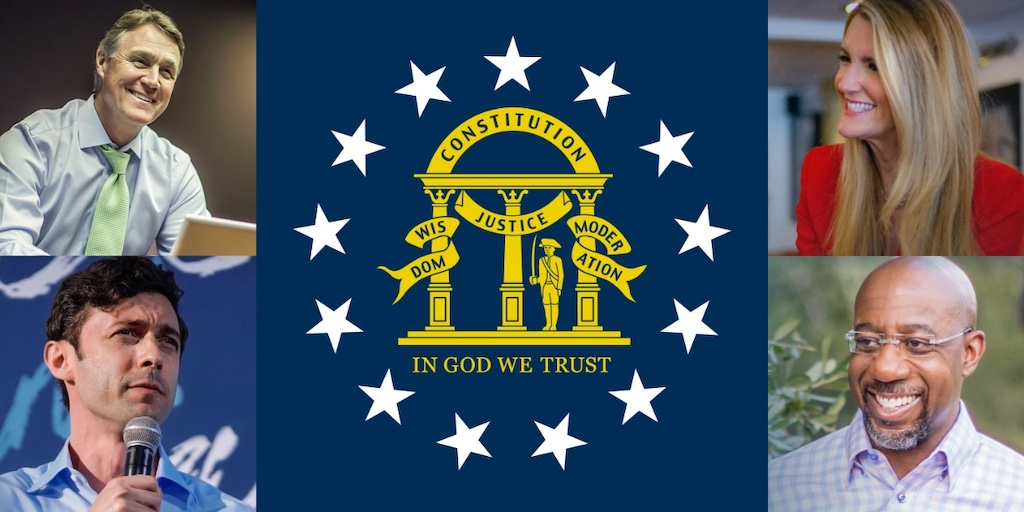Before we share some exciting news, we wanted to say something about the events of the past week in Washington, D.C. The violence we witnessed on Capitol Hill was awful, unacceptable and profoundly painful. What we saw happen should never have happened and should never happen again. We also know that people might be facing mental health challenges because of these events. Please reach out if you need help. The suicide hotline is free, friendly and there for you. Call 800-273-8255.
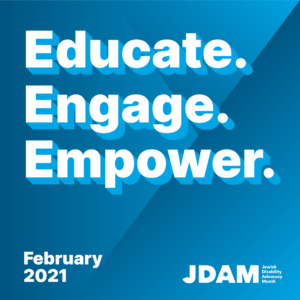 RespectAbility is excited to announce that we will be partnering with The Jewish Federations of North America’s Jewish Disability Advocacy Month. We will be hosting three Networking & Community Building Workshops. JDAM will be a month of education, solidarity-building, and empowerment of people with disabilities. We will be coming together to break down barriers to opportunity and inclusion for and with people with disabilities. [continue reading…]
RespectAbility is excited to announce that we will be partnering with The Jewish Federations of North America’s Jewish Disability Advocacy Month. We will be hosting three Networking & Community Building Workshops. JDAM will be a month of education, solidarity-building, and empowerment of people with disabilities. We will be coming together to break down barriers to opportunity and inclusion for and with people with disabilities. [continue reading…]


